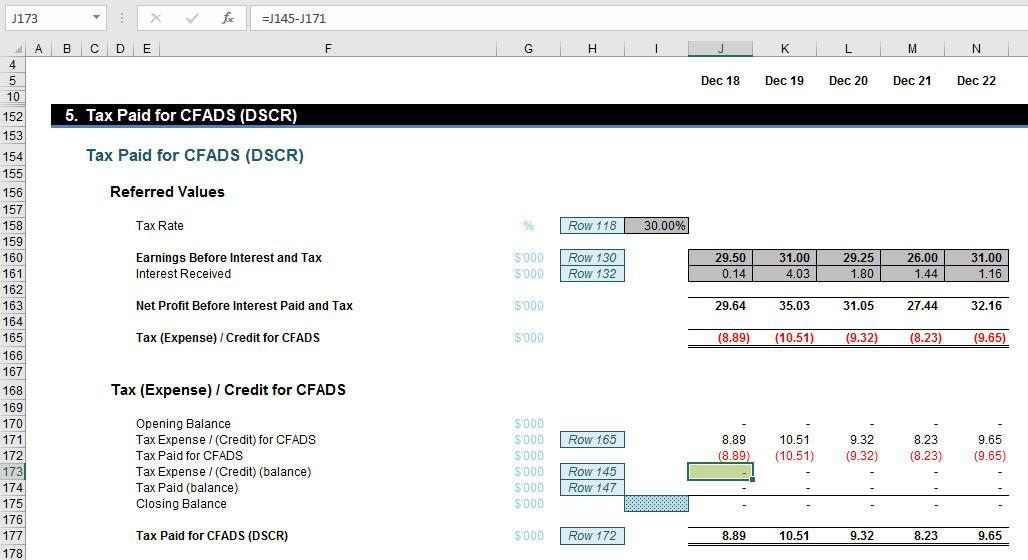Tax Shield Formula, Examples, Interest & Depreciation Tax Deductible

Deductible expenses are necessary costs incurred in the operation of a business. These can include advertising, bank fees, employee salaries, office maintenance, and more. Such expenses can be subtracted from your gross income to lower your taxable income.
Higher Cash Flows to Investors
Qualifying interest costs for individuals usually include first and second mortgages, student loans, and interest paid on business loans (as sole proprietors). It can be calculated by deducting the cost of goods sold, operating expenses, depreciation, and other admin expenses from the revenue amount. An interest tax shield is simply savings by deducting interest costs for profits and ultimately reducing the tax payable amount.
- Note that interest expenses are tax-deductible, while dividends to equity holders are not tax-deductible.
- Tax shields allow for taxpayers to make deductions to their taxable income, which reduces their taxable income.
- Interest expense on debt instruments is a tax-deductible expense for individuals and businesses.
- A depreciation tax shield is a tax reduction technique under which depreciation expenses are subtracted from taxable income.
How are Tax Shields Strategically Used?
Given the decreased taxable income, Company B’s taxes for the current period are approximately $6.5m, which is $840k lower than Company A’s $7.4m in taxes. The interest tax shield – or savings from the tax-deductibility of interest – is $210k. However, it also considers the potential costs of financial distress that might arise from high levels of debt, as well as other financing-related impacts like subsidies or hedging. APV is a way for businesses to look at their value in a similar way. It starts by figuring out what a company is worth just based on its business operations—as if it had no debt at all. Then, it adds or subtracts value based on how the company is financed.
Business Expansion and Growth
The benefit of using depreciation with a tax shield is that you can subtract any depreciation expenses from taxable income. These intangible assets can affect your rate of tax and tax expense. These limits apply to individual and corporate taxpayers with varying conditions.
On the other hand, Company B’s taxable income becomes $31m after deducting the $4m in interest expense. Net present value (NPV) is the difference between the PV of the cash coming in and going out of a firm in a given period. NPV is used in capital budgeting and investment planning to analyze the profitability of an investment or project. The interest tax shield is positive when the EBIT is greater than the interest payment.
In getting a house with a mortgage, the interest expenses are tax-deductible, which means that the person can get benefits from it, as it can offset against their taxable income. In the valuation of the interest tax shield, it capitalizes the value of the firm, and it also limits the tax benefits of the debt. Interest expenses are considered to be tax-deductible, so tax shields are very important, as firms can get benefits from the structuring of such arrangements. One of the main objectives of companies is to reduce their tax liability as much as possible. Interest tax shields encourage firms to finance projects with debt since the dividends paid to equity investors are not deductible.
Understanding the concept of deductible expenses and how the tax rate is applied is essential. A tax shield in capital budgeting is a way for corporations to strategically plan their optimal capital structure and decide which investments to follow. This, in turn, makes debt funding much cheaper since interest expenses on debt are tax-deductible. The turbotax makes it easier for coinbase customers interest tax shield has to do with the tax savings you can receive from deducting various interest expenses on debt. The payment of the interest expense is going to ultimately lower the taxable income and the total amount of taxes that are actually due. Interest tax shield refers to savings on taxes by reducing taxable income with interest expenses.
To understand this, you first need to have a reasonable understanding of corporate taxes. However, if certain expenses can be clearly allocated between personal and business use (such as a car or home office), the portion used for business may be deductible. A tax deduction allows a company to increase its Net Operating Profit After Tax and helps it grow faster. If you don’t report every element of your income—including bonuses paid by your employer and tips—then you are guilty of tax evasion. If you deliberately claim specific tax credits that you’re not eligible for, then you are committing tax fraud. There are all sorts of opportunities to help reduce the total tax amount you owe when submitting tax filings.

